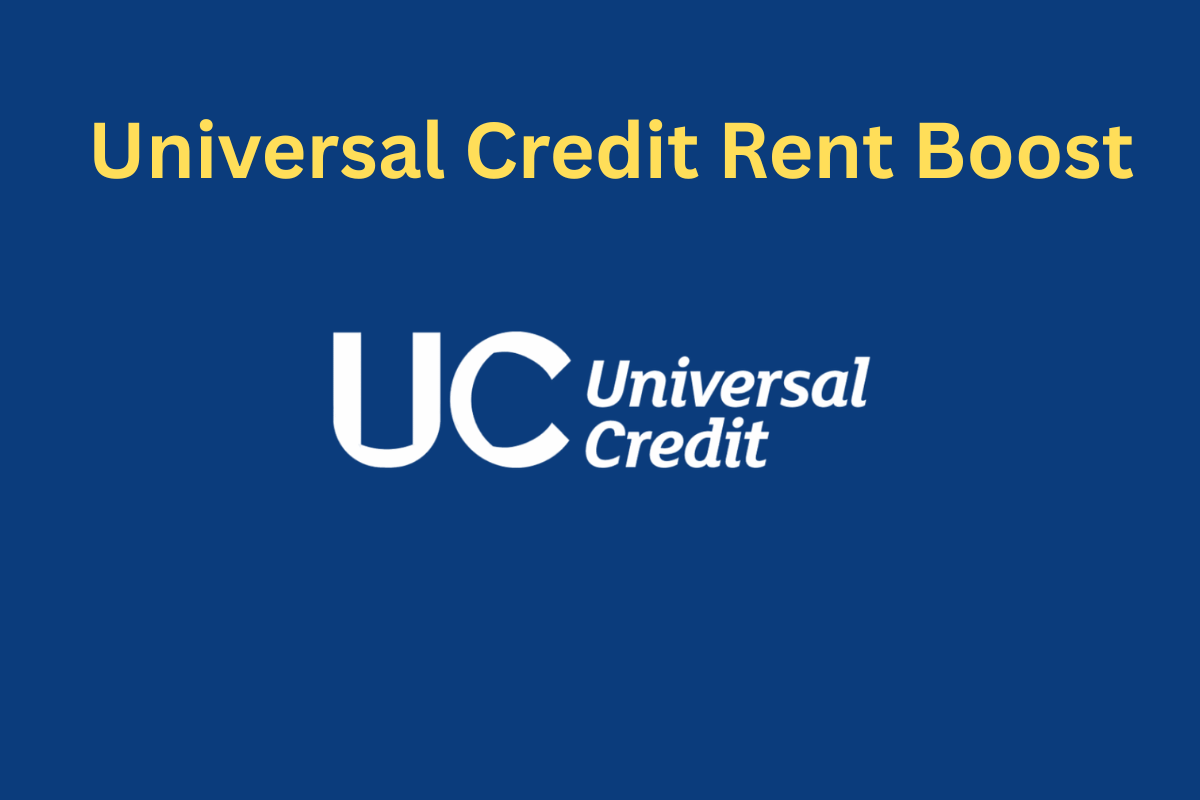In response to rising housing costs and increasing homelessness across the UK, the government has announced a 2025 Rent Boost for people on Universal Credit (UC). This new initiative will see Local Housing Allowance (LHA) rates unfrozen and increased, enabling low-income households to receive more support for their rent.
For years, LHA rates have remained stagnant, failing to reflect the true cost of renting in many parts of the UK. This disconnect has left thousands of families with a growing gap between what they pay in rent and what benefits actually cover. In 2025, that’s changing.

The Department for Work and Pensions (DWP) has confirmed that LHA rates will be realigned to the 30th percentile of local market rents, which means housing support will now better reflect average rental prices in each area.
Contents
Why Is the Change Happening Now?
The government has faced intense pressure from housing charities, MPs, and economists over the past few years. As housing affordability continues to deteriorate, especially in urban areas, the failure to adjust LHA rates has been blamed for rising eviction rates, use of food banks, and even street homelessness.
The 2025 Rent Boost is not just a policy shift—it’s an attempt to stabilise vulnerable renters. It’s part of a broader cost-of-living support plan being rolled out this year, including energy bill subsidies, food vouchers, and changes to Universal Credit conditions.
This move is particularly crucial following years of high inflation and wage stagnation, which have made renting unaffordable for many, even those in full-time employment but reliant on Universal Credit for housing support.
Who Will Benefit Most?
The boost will benefit approximately 1.6 million households who claim the housing element of Universal Credit or Housing Benefit. Here’s who will see the greatest positive impact:
-
Private renters: Especially in high-cost cities like London, Manchester, Birmingham, and Edinburgh, where rents have skyrocketed but LHA remained capped.
-
Single parents and families with children: These groups are most likely to have experienced a gap between actual rent and covered rent.
-
Young renters under the age of 35 who qualify for shared accommodation rates, which will also see an uplift.
-
Disabled tenants: Many of whom require specific housing and have long struggled to find suitable, affordable options.
The government estimates that the average increase in support will range from £400 to £1,000 per year, depending on location and household size.
How Will It Work?
Here’s a step-by-step breakdown of how the 2025 Rent Boost will be applied:
-
Automatic Adjustment: If you already receive the housing element of Universal Credit or Housing Benefit, your payments will be automatically adjusted starting April 2025.
-
No Need to Reapply: You do not need to submit a new claim to benefit from the rent boost.
-
Updated LHA Rates: The new LHA rates will be published by local authorities and will reflect actual rental values in your specific postcode.
-
UC Payment Breakdown: Your Universal Credit statement will show a higher housing element, which should result in less out-of-pocket rent costs.
The DWP will also notify tenants via the Universal Credit online journal and through letters or texts.
Challenges and Limitations
While the Rent Boost is a welcome move, housing campaigners warn it won’t fix everything. The new rates are only aligned to the 30th percentile of local market rents—meaning 70% of rental properties could still be out of reach.
Additionally, in some areas, especially London and the South East, rents have risen so fast that even the updated LHA won’t be enough to prevent rent arrears for many households. There’s also growing concern that landlords may react by increasing rents, knowing tenants now have more support.
Impact on Homelessness and Poverty
Despite its limitations, experts believe this policy could be a game-changer in reducing short-term homelessness. According to Shelter UK, more than 250,000 private renters have fallen into rent arrears since 2022. The increased LHA rates could prevent tens of thousands of evictions in the coming year.
Additionally, this move is expected to reduce food bank reliance, improve mental health outcomes, and boost children’s educational stability, as fewer families will be forced to move due to unaffordable rent.
What Tenants Should Do Now
To make the most of the Rent Boost:
-
Check Your Journal: Make sure your housing costs are correctly reported in your Universal Credit claim.
-
Update Your Rent Information: If your rent has changed recently, report it immediately through your UC account to ensure accurate payments.
-
Contact Your Work Coach: If you don’t see changes reflected by May 2025, get in touch with your Jobcentre advisor.
Tenants can also contact housing support charities like Shelter or Citizens Advice for assistance in navigating their rights and entitlements.
Conclusion
The 2025 Rent Boost is a long-overdue policy correction aimed at closing the widening gap between housing costs and benefit support. While it won’t completely fix the UK’s broken rental market, it’s a meaningful step toward protecting vulnerable households and reducing housing-related poverty.
For millions on Universal Credit, this update means more money in their pockets, fewer evictions, and a fighting chance to keep a roof over their heads in an increasingly hostile rental economy.

Rohan Manjrekar is a writer and consultant in scholarships and financial aid, dedicated to simplifying college funding. His work focuses on debt reduction and maximizing educational access for students from all backgrounds.
